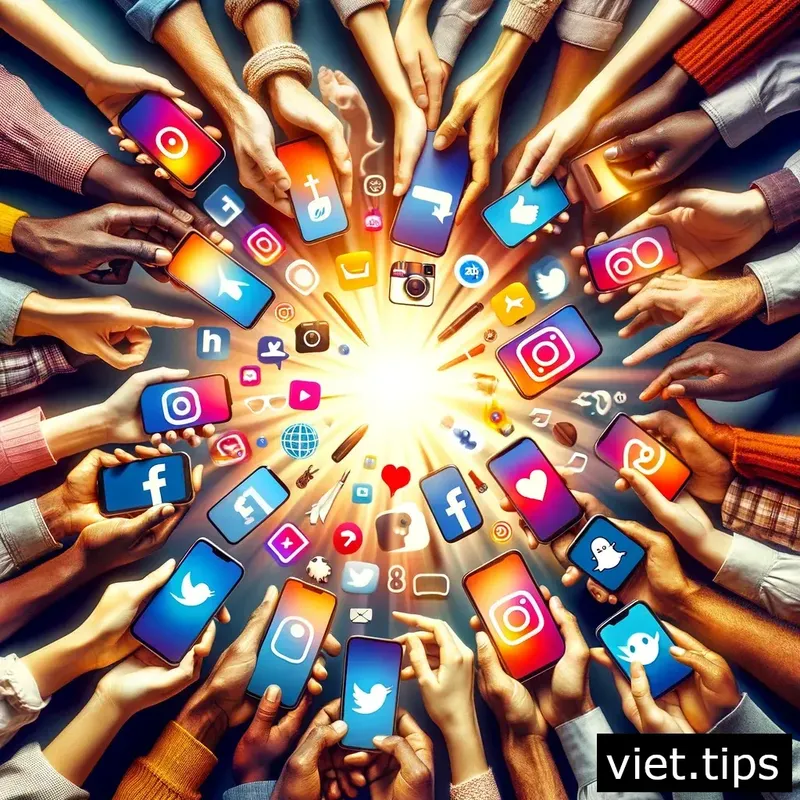Amid the vibrant streets, rich history, and tantalizing flavors of Vietnam lies a less explored yet impactful aspect of its society—its internet culture. In recent years, Vietnam’s digital landscape has witnessed an alarming rise in toxicity, both in rhetorical exchanges and in actions carried out on digital platforms. This article seeks to explore the roots and ramifications of this toxicity, shedding light on the complex intertwining of culture, technology, and social behavior in Vietnam.
Historical Context and Digital Evolution
The rapid digitization of Vietnam, following the economic reforms of Đổi Mới, catapulted the nation into the digital age. While the internet promised connectivity and a democratization of information, it also paved the way for escalating cyberbullying, misinformation, and a stark divide in online discourse. The evolution from a war-torn country to a tech-savvy society did not come without its own set of challenges, particularly in moderating online behavior.

The Catalysts of Online Toxicity
Understanding the factors that contribute to online toxicity requires a multifaceted approach. Primarily, Vietnam’s competitive educational environment and societal pressures cultivate a culture of anonymity and aggression online. The internet serves as a venting ground for frustrations rooted in real-life competitiveness and perfectionism.
Moreover, political sensitivity in Vietnam adds another layer of complexity. With stringent regulations on freedom of speech, citizens often resort to the anonymity of the internet to express dissenting views. Unfortunately, this anonymity also masks accountability, leading to reckless behavior and exacerbating the spread of unsubstantiated information and cyberbullying.

The Role of Social Media and Gaming
Social media platforms and online gaming have become battlegrounds for toxic behavior. From cyberbullying to sexist attacks, these digital arenas amplify the voices of a few, often drowning out rational discourse. The competitive nature of online gaming, in particular, mirrors societal pressures, where aggression is often rewarded, perpetuating a cycle of negativity.
However, it’s not all doom and gloom. The same platforms that contribute to toxicity also offer opportunities for positivity and change. Through increased awareness and proactive digital literacy programs, there is potential to transform Vietnam’s internet culture into a more inclusive and respectful space.

Charting a Path Forward
Addressing Vietnam’s toxic internet culture necessitates a collective effort from the government, tech companies, and the community. Stricter regulations, effective moderation, and digital literacy education are essential steps towards fostering a healthier online environment. Additionally, promoting a culture of empathy and understanding can significantly reduce aggression and toxicity.
The path to detoxifying Vietnam’s internet culture is challenging yet crucial. It’s a journey that demands patience, persistence, and participation from all stakeholders. By cultivating a more respectful digital landscape, Vietnam can harness the full potential of the internet to unify rather than divide.
In summary, the complex issues surrounding Vietnam’s toxic internet culture are deeply rooted in societal pressures, historical context, and the anonymity afforded by digital platforms. By recognizing the multifaceted nature of this problem and implementing targeted interventions, there is hope for a more nurturing and inclusive online community in Vietnam.